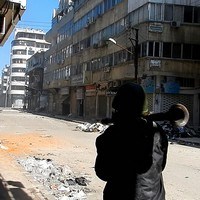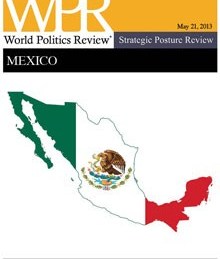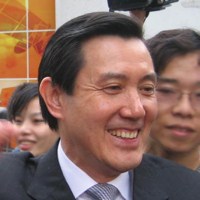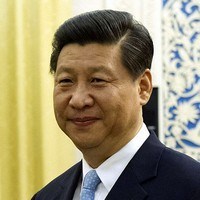
There have been conflicting reports regarding the health of Algerian President Abdelaziz Bouteflika since he was airlifted to a military hospital in Paris, France, for treatment following a mini-stroke in late-April. Algerian Prime Minister Abdelmalek Sellal has denied rumors that the president, who remains in France, is seriously ill. But speculation over who might replace Bouteflika, and what might come next for the North African country he has presided over since 1999, continues. While Bouteflika may yet return to Algeria, his health makes it unlikely that he will be able to stand for re-election in the presidential balloting set for […]
















